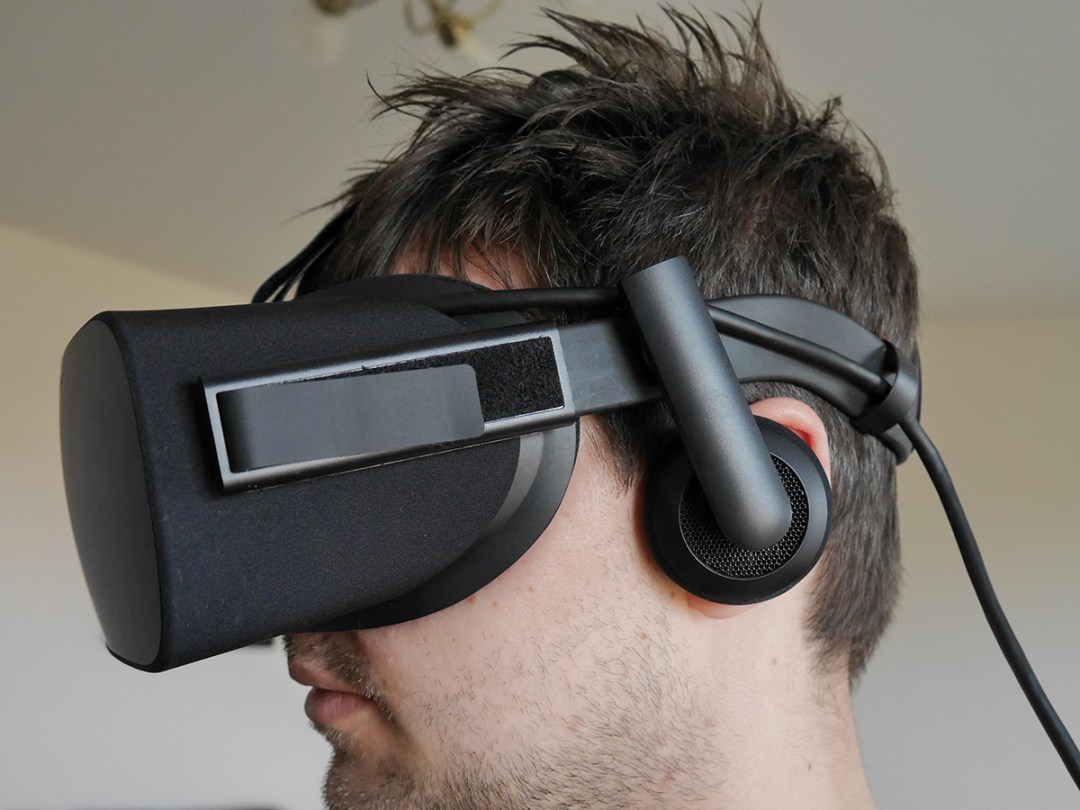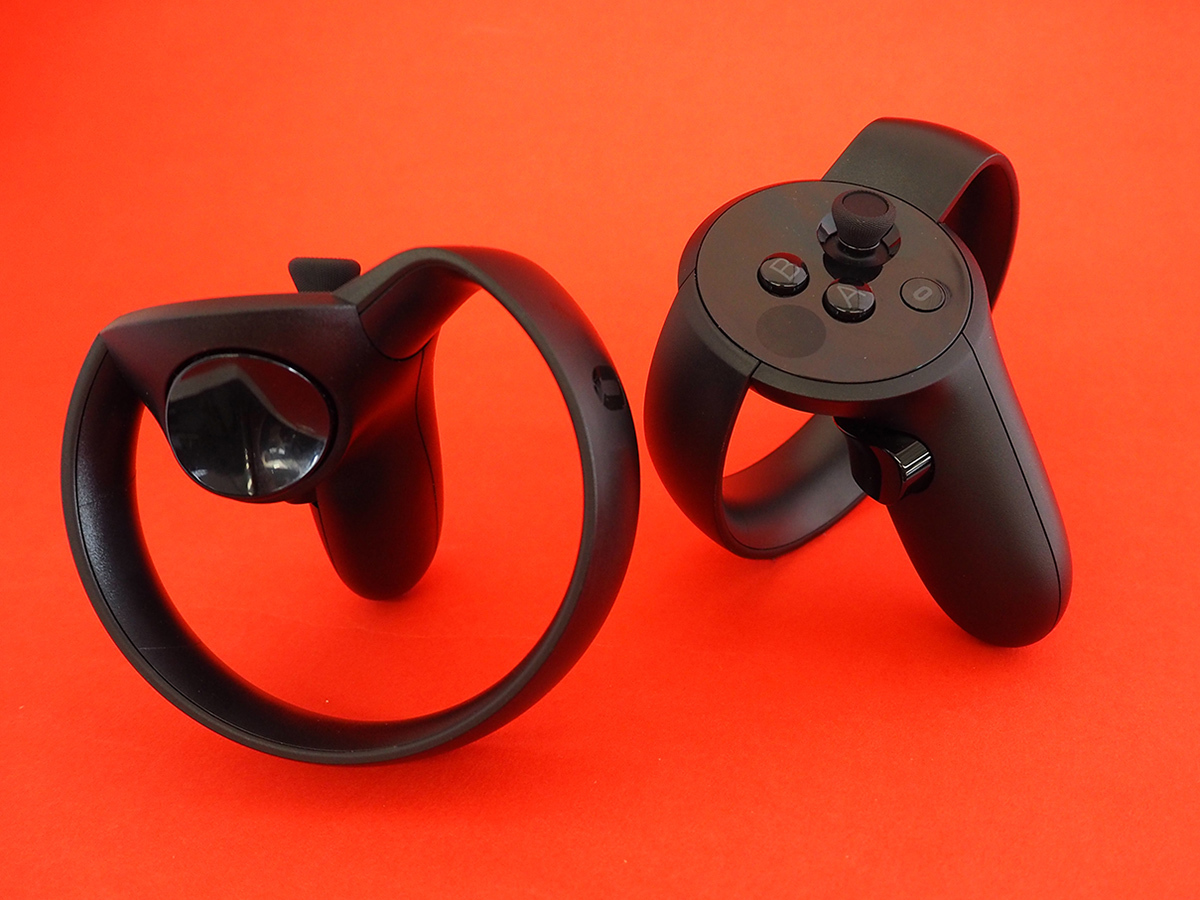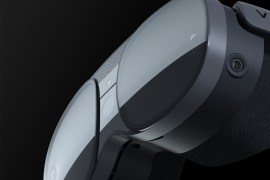VR gets cheaper with big Oculus Rift and Touch price drops
Now it's £140 (or US$200) less to grab the whole bundle

Has the high price of virtual reality kept you away from splurging on a headset? You’re surely not alone in that, but Oculus hopes its latest move will entice you to its wares.
Today, the company announced that both the Oculus Rift headset and Touch motion controllers have dropped in price. The headset now sells for £499, which was actually the original launch price, but is down £50 from the post-Brexit uptick. In the States, it’ll go for US$499, which is a larger $100 dip.
As for the Touch controllers, the pair will run you £99, which is down sharply from the £189 launch price we saw only back in December. Likewise, the controllers are down to US$99, another $100 discount.
The Touch controllers, while impressive and essential to help the Rift match the capabilities of the competing HTC Vive, felt like a really pricey addition to an already-pricey device. But now with a total price of £598 (or US$598), leaping into Oculus’ virtual tech feels a bit more approachable.

It’s still a lot of money to spend on a PC peripheral, especially since you still need a high-end PC to run the games without churning your stomach in the process, but HTC should be concerned. Right now, the Vive sells for £759 in the UK or US$799 in the States. We think it’s the superior headset when it comes to the tech and experience, but that price difference can’t be ignored.
After all, the cheaper PlayStation VR – which we had some issues with, despite its promise – has shifted just shy of a million units in a few months. Oculus and HTC haven’t shared their sales numbers, but analysts suggest that the PlayStation VR is already the most popular of the bunch, as its lower price and console home likely make it much more accessible to the masses.
Oculus is in a bit of a pickle of late, too, with a court verdict awarding game publisher ZeniMax US$500 million over a tech dispute, and ZeniMax requesting that the headset no longer be sold; that request has not yet been granted or denied. The seemingly slow adoption of high-end VR might have execs ready to make bold moves to shift units. We’ll see if this one does the trick.



